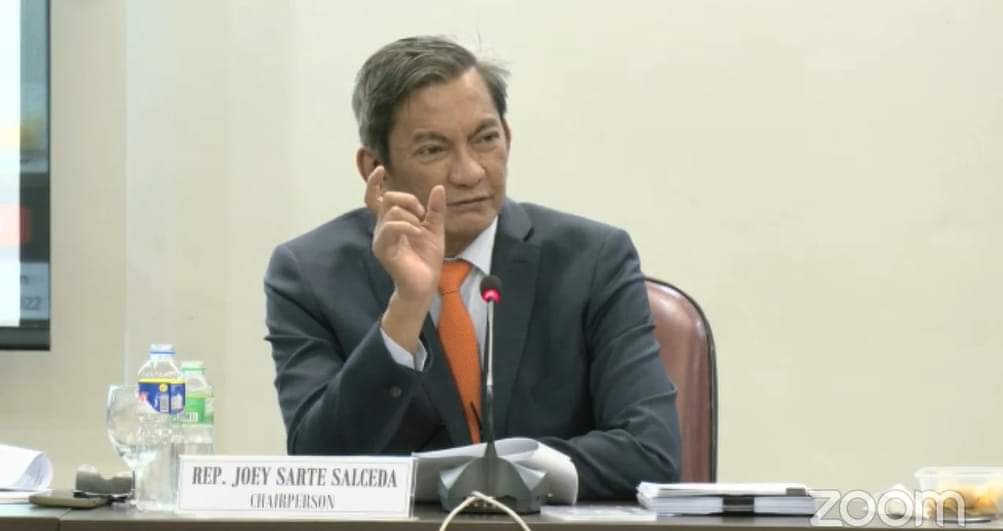Magsisilbing tulay ang Maharlika Investment Fund para mapunan ang kakulangan sa pondo para maipatupad ang iba’t ibang developmental projects sa bansa.
Ayon kay Ways and Means Committee Chair Joey Salceda, tinatayang nasa ₱19-na trilyong piso ang investible funds na umiikot sa ating banking system habang may ₱5.7-trillion na savings naman ang ilan sa pinakamalalaking kompanya sa Southeast Asia na naririto sa Pilipinas.
Ngunit ang perang ito, imbes na mailaan sa pagpapaunlad ng bansa ay napupunta sa dibidendo sa labas ng Pilipinas o kaya’y pambayad ng foreign corporate debts.
“We have close to ₱19-trillion in investible funds in the Philippine banking system. That needs to go somewhere productive in order to contribute to the economy. The Maharlika Investment Fund is a vehicle to do that – for both the Landbank and the DBP, as well as for other banks,” saad ni Salceda
“We also have some of the largest conglomerates in Southeast Asia, and they are cash cows. Our total corporate sector generated ₱9.03-trillion in 2023. They have a gross saving of ₱5.7-trillion. So, basically, they don’t have anywhere to put 63% of all the money our corporations make,” dagdag paliwanag ng mambabatas.
Kaya naman aniya kung maipatutupad ng tama ang MIF, ay matutugunan nito ang funding gap sa iba’t ibang programa at proyekto ng pamahalaan.
Halimbawa nito ang infrastructure financing gap ng bansa kada taon na nagkakahalaga ng ₱2-trillion pesos hanggang 2030.
“So, MIF, if we can get it right, can bridge the gap between investible funds – which we have trillions of – and the investable projects, which also demand trillions in financing. It’s grand-scale matchmaking for development,” saad ng economist-solon.
Paraan din ani Salceda ang MIF para mabawasan ang investment risk na isa sa mga dahilan kung bakit may alinlangan ang mga investors na mamuhunan sa bansa.
“One of the difficulties with undertaking big projects here in the Philippines is navigating all the attached issues – bureaucracy, social acceptance, land use and tenure, among others. They increase the risk of investment and can deter these investors. With MIF, Investors can outsource those issues to a government-owned company, instead of doing all that on their own. That makes the job easier and the investment less risky,” sabi ng House Tax chief. | ulat ni Kathleen Jean Forbes



